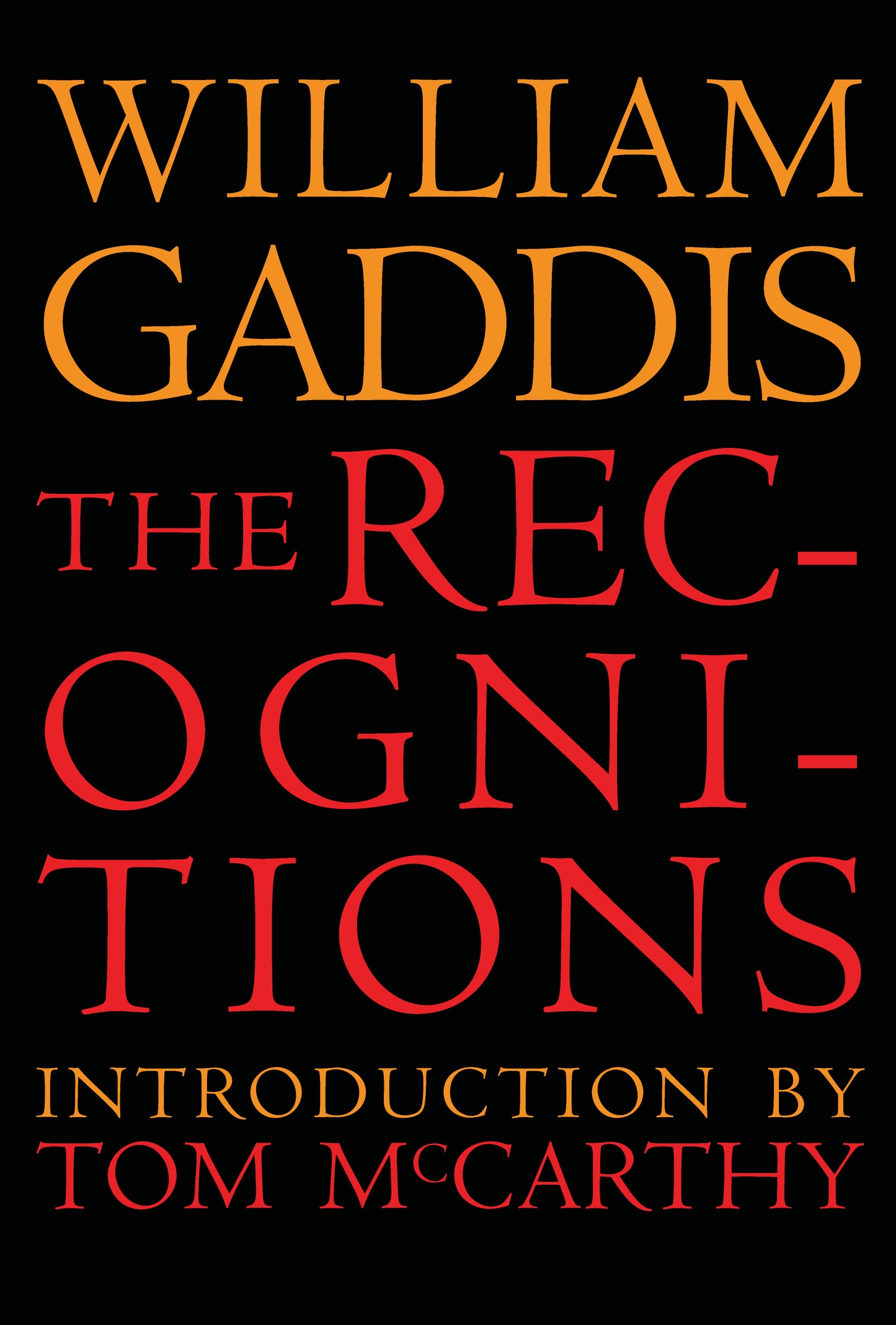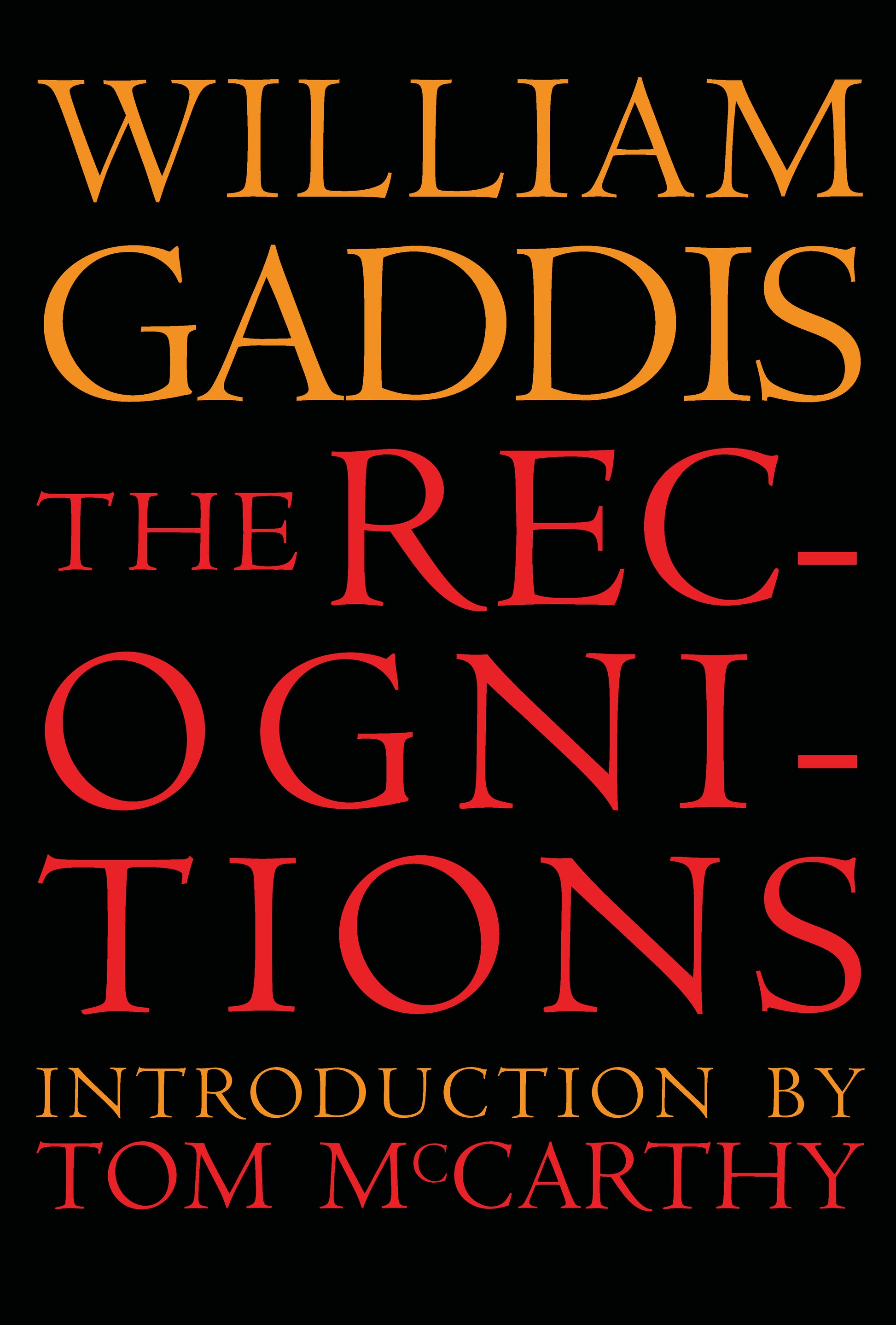Just as it’s possible to read The Recognitions narrowly as a satire of midcentury bohemia, J R operates on one level as a send-up of American capitalism. . . . But the book is more profoundly a portrait of a world that has given up on transcendent values. . . . The coherence of the vision, the order that Gaddis imposes on the chaos of his material through sheer force of artistic will, offers the closest thing to redemption this world allows, and gives the book, finally, a poignant hopefulness. . . . I count my second time through [The Recognitions and J R]—like my first—among the great literary experiences of my life.
—Christopher Beha, Harper’s Magazine
The book’s themes and its fierce indictment of the modern world may seem conventional by now, but Gaddis’s treatment of them is so dazzlingly original that one never has the sense of mere recapitulation of received ideas. In all this, and in its scope, its witty-serious use of erudition, its endless exploitation of the resources available to a modern text, its brilliant use of language, and, not least, its marvelous humor and range of tone . . . The Recognitions seems to me one of the most important American novels written since the last war.
—Tony Tanner, The New York Times Book Review
I remember the bookstore, long gone now, on Forty-Second Street. I stood in the narrow aisle reading the first paragraph of The Recognitions. It was a revelation, a piece of writing with the beauty and texture of a Shakespearean monologue—or, maybe more apt, a work of Renaissance art impossibly transformed from image to words. And they were the words of a contemporary American. This, to me, was the wonder of it.
—Don DeLillo
Their surfaces will seem daunting but look beyond these novels’ haughty, hefty façades. Once you get to know them inside, they’re much more fun than they look. They will make you laugh out loud. They will absorb you. They will keep you coming back for more. . . . while Gaddis’ characters spend a lot of time saying nothing, they are always intriguingly human characters worth knowing over and over again. Which is what makes these perfect lockdown preoccupations. . . . Everything you need to know about life is bubbling away under the covers of these two world-size books.
—Scott Bradfield, Los Angeles Times
Valued by many serious readers as the secret masterpiece of our time.
—Michael Dirda, The Washington Post
The Recognitions is always spoken of as the most-overlooked important work of the last several literary generations . . . Through the famous obscurity of The Recognitions, Mr. Gaddis has become famous for not being famous enough.
—Cynthia Ozick
The Recognitions is a warning above all else—a plea, like “The Waste Land,” for Western society to recognize its mythic origins before art expires.
—John Lingan, The Quarterly Conversation
He [Gaddis] is an heir to Eliot, whose quests, imposters and enervated landscapes haunt his novels, as well as the great Russians—Dostoevsky, Gogol, Tolstoy, Chekhov, Turgenev—with whom he shared the hope of civilizing a benighted nation.
—Dustin Illingworth, The Point






